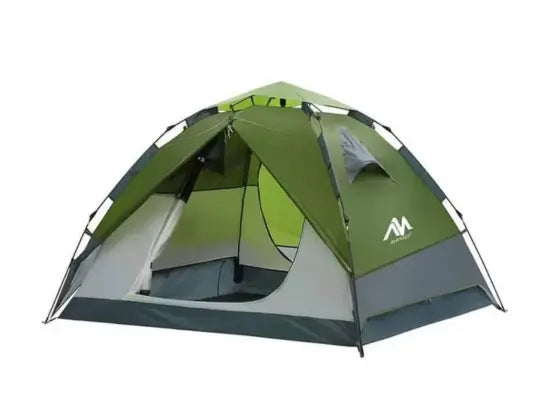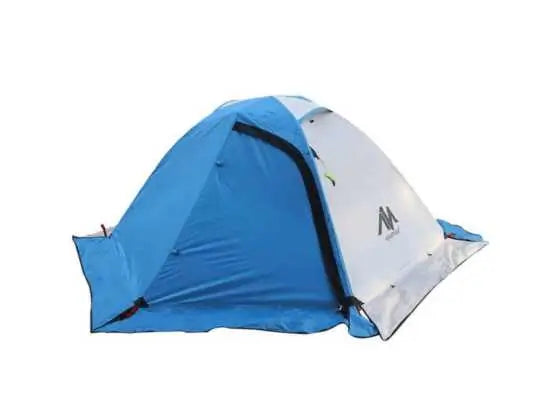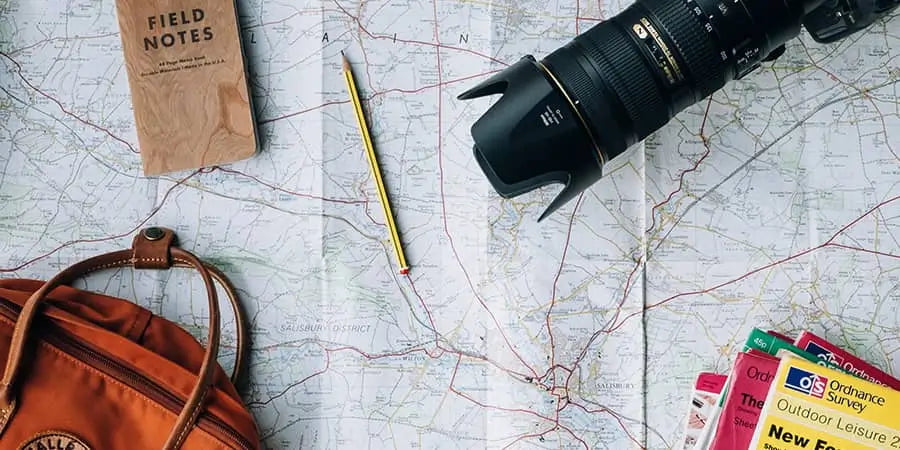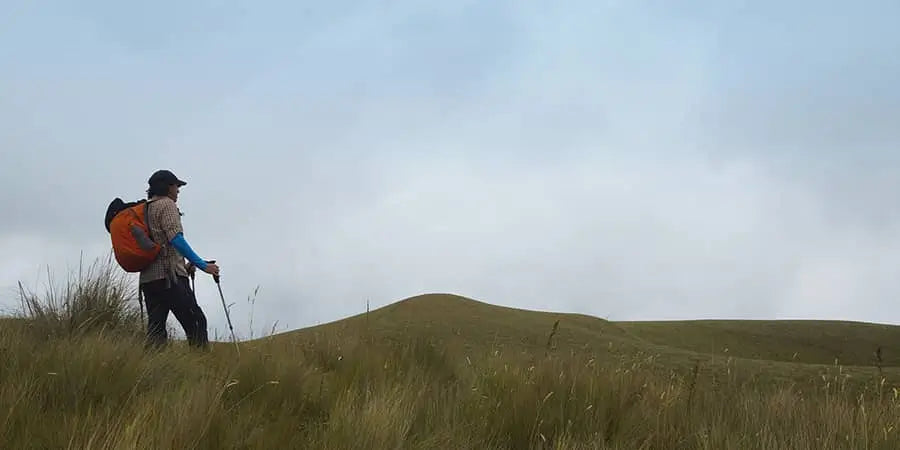Overview
Hiking is best during the weekends, after work, or even when recovering from a disease. It is best to walk in a group, though the lone hike is also best when you want to meditate. Keep reading for insights about what you need to know as a beginner before you set off for hiking.
1. Hiking is impressive when you are not alone!
Yes, you don't want to trek that lone forest alone. It will be interesting when you are hiking with a friend or a team of friends. Hiking is about sharing expertise. That is why you should ask some of your friends out who will give you company, share stories and fun moments as you trail along the hiking trails.
If you have trouble getting some hiking friends, you may consider joining hiking clubs that regularly plan the hiking outings. It is best to follow a planned schedule, and everything will be set right because there will be no guesswork.
But if you want that freedom and time to meditate, it will be advisable to hike alone. But, be aware that solo hiking is intimidating and lonely. You should be ready to face the outdoor experience alone. We do not recommend that you do it alone if you are a beginner.
Tip: if you decide to hike alone, notify a friend or a family member where you will be hiking. They should have your contacts and your hiking plan if you need a helping hand.
2. Choose a hiking route

Before you set off for a hike, you need to plan on your hiking routes! Of course, you are a beginner, and the article will help you access great resources for planning the best hiking routes.
Guidebooks and websitesA hiking guidebook will help you when deciding on the best routes to hike along. Guidebooks and websites will give you all the statistics that you need and the trial difficulties that you can get on the way. You will also get insights into the trail elevations, directions, the water sources, the trail features, and the restrictions in the hiking area.
- You can also make good use of your hiking friends to explain to you about the things you expect to meet while you are on your hike.
- You can also talk to locals or contact a local hiking organization that will give you details about the place you want to visit.
3. Things to note when choosing hiking routes
You want that hike to be memorable and helpful. That is why it is worth checking through the points below to be in a better position.
- Check your fitness level to help you determine the distances that you want to cover. You don't risk taking long routes, and then you suffer in the middle. Ensure that you are settling for the hiking trails that you are confident that you will cover.
- Do you have sufficient time for hikes? It is yet another question that you need to answer before you set out for a hike. Factor out how you will manage your time while you are hiking.
- Coming up with actual distances that you will cover will help determine the hours and energy you will need for a successful hike. You can determine this by measuring your working pace, and it will be easier to come up with the distance based on your walking base and the hours you have.
- Elevation gain: an elevation gain is another factor you must consider when choosing your hiking routes. You need to know the amount of elevation gain you can comfortably handle and what is too much for you. You will learn this as you increase your hiking experience.
- Know the time and the year you are hiking when planing for the best hiking routes. You may not access some trails in early springs or other bad seasons. Plan according to your hiking needs so that you don't get disappointed during your first hike.
- Logistics: You may also need to do a bit more planning in some difficult hikes. At some point, you may need to contact car services that will be helping you when you are hiking from point to point.
Have a preliminary plan with significant considerations on weather. Hiking is fun when the weather is correct, but you may regret it if you end up hiking during the wrong times. Plan before setting off for a hike because you don't need to encounter a bad experience. Poor weather conditions may hurt your plan and will be the reason for accidental falls, which in turn makes your hikes to be miserable.
Check the weather earlier and hike when the weather is conducive, or plan for the right gear if you must hike even under the worst conditions.









